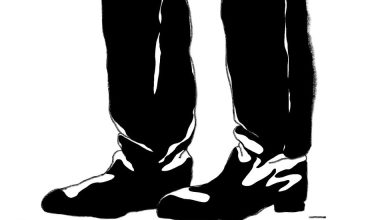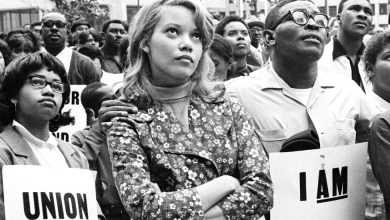Carvana, Used Car Dealer, Reaches Deal to Restructure Debt

Carvana, the troubled used-car retailer, on Wednesday announced that it had reached a debt restructuring agreement with most of its bondholders in an effort to lower interest payments over at least the next two years and put its business on more solid financial footing.
The once fast-growing company, which sells cars online and at see-through parking garages scattered around the country, thrived during the pandemic, when demand for cars surged and many people were willing to buy them sight unseen. But Carvana took on a lot of debt, made a big acquisition and was unprepared for falling used car prices and rising interest rates.
Carvana said its restructuring agreement covered more than $5 billion of senior, unsecured bonds and included the participation of Apollo Global Management, its largest bondholder. Under the terms of the deal, creditors will get new secured notes.
The interest on that new debt will be paid in kind for the next two years, meaning the principal Carvana owes will increase but the company won’t have to make about $430 million in interest payments in cash. The new debt will also come due later than the old notes.
“This transaction significantly increases our financial flexibility by reducing our total debt, extending maturities, and lowering near-term cash interest expense as we continue to execute our plan of driving significant profitability and returning to growth,” the company’s chief financial officer, Mark Jenkins, said in a statement.
Carvana on Wednesday also reported that it lost $105 million in the second quarter, an improvement over the $439 million it lost in the same period a year ago. The company said its retail sales of used vehicles declined 35 percent, to 76,350 cars and trucks. But the average gross profit per vehicle sold nearly doubled to $6,520. Carvana said it had reduced costs by more than $1 billion since the beginning of 2022.
The company’s stock, which traded at about $4 a share in December, has rallied in recent months on signs that its ailing business was doing better and on hopes that the company and its creditors would restructure its debt without resorting to bankruptcy. The stock closed on Tuesday at $39.80, a far cry from its more than $300 share price in the summer of 2021.
The debt restructuring covers more than 90 percent of Carvana’s $5.7 billion in unsecured notes. Holders of about $5.2 billion of those notes have agreed to the deal, which entitles them to $324 million in cash and new notes that are secured by real estate and other assets. The remaining creditors holding the old notes will be offered a chance to join the debt restructuring deal, the company said.
After two years, the new bonds will pay a cash coupon of 9 percent. The new notes will mature in 2028; the old notes will come due in 2025 and 2027.
“Apollo is pleased to support this debt exchange agreement, which stands to significantly strengthen Carvana’s financial position while providing creditors with new first lien debt,” John Zito, deputy chief investment officer of credit at Apollo, said in a statement.
At the end of 2022, as Carvana’s financial woes were mounting, the old bonds had slumped to just 40 cents on the dollar, suggesting that many investors feared that the company would default on the debt.
In conjunction with the bond transaction, Carvana will issue about $350 million in new stock. The company’s two largest shareholders — its chief executive, Ernie Garcia III, and his father, Ernie Garcia II — have agreed to purchase up to $126 million of those new shares.



